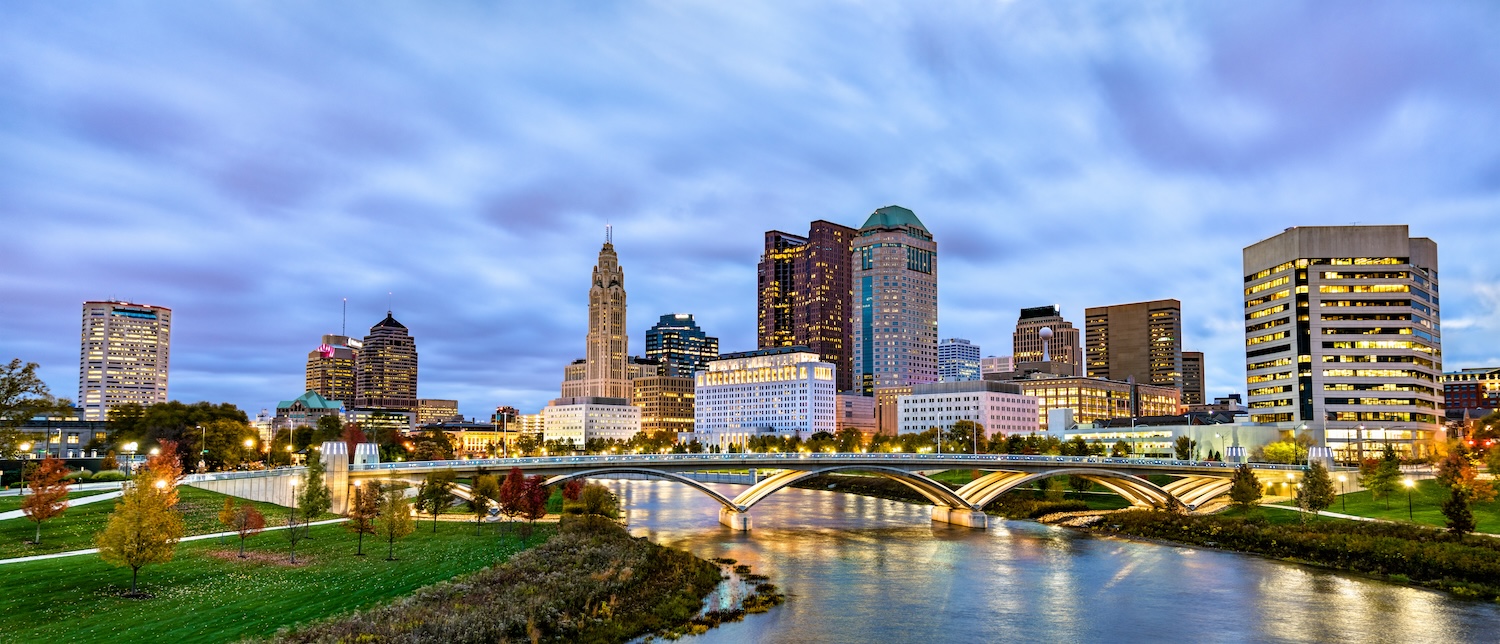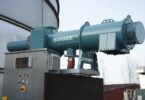The Department of Water and Sanitation’s Director-General, Dr Sean Phillips, has emphasised the need of collaborative work to ensure water security in Gauteng. Dr Phillips was speaking during a Gauteng Water Security Webinar that took place on Wednesday, 19 June 2024 and organised jointly by the Strategic Water Partners Network (SWPN) and the NEPAD Business Foundation.
The webinar brought under one roof key role players in the water sector, working on finding and implementing measures to address water challenges as experienced in the Gauteng province.
Addressing the delegates, Dr Phillips said that it was important for all spheres of government, including the private sector, to work collaboratively instead of appearing to be squabbling in the public space over work that should be done to avert taps from running dry in the country’s economic hub.
“I am saying this in the context of several media reports over the last few months that often came across as though we are all pointing fingers at each other, and that no one wants to account. This must stop as it is an unnecessary deterrent to the actual work that we have at hand,” Dr Phillips said sternly.
He also outlined work being carried out by the Department of Water and Sanitation and that includes the implementation of Phase 2 of the Lesotho Highlands Water Project, which is set for completion in 2028 and aimed at improving water provision in Gauteng.
The Lesotho Highlands Water Project is a water supply project with a hydropower component which supplies hydropower to Lesotho. Phase 1 of the project was completed in 2003, and currently transfers 780 million cubic metres of water per annum into the Integrated Vaal River System (IVRS).
“We anticipate that Phase 2 of the project will be completed in 2028. The 2028 projected timeline of completion of Phase 2 of the Lesotho Highlands Water Project means the first delivery of water by the set date,” said Dr Philips.
Dr Phillips further outlined that the Department of Water and Sanitation, Rand Water, Gauteng municipalities, the private sector, and civil society need to work together to develop and implement a comprehensive mass approach communication strategy aimed at raising awareness on water conservation, similar to the one developed during the 2018 water challenges in Cape Town.
“The bulk of the work that also needs to happen is behavioural change in society. We have seen how this has worked in Cape Town and we plan to do the same in Gauteng. The awareness campaign must help drive the message home that not only is South Africa a water-scarce country, but that Gauteng is a dry province, and we all need to pull our weight to bring about positive change,” said Dr Phillips.
The Gauteng Water Security Webinar tackled topics that included ageing infrastructure, poor governance, and the escalating impacts of climate change. The discussions were chaired by Peter Varndell, CEO of the NEPAD Business Foundation and Executive Secretary of the SWPN.







